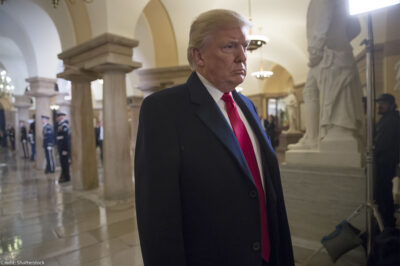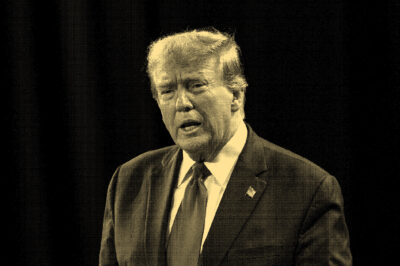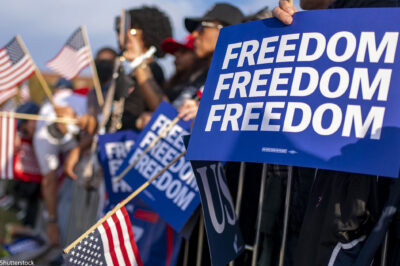second of three entries
Roberts' work, intellect and devotion to the Reagan agenda won him a post at the White House Counsel's Office, a plum job that combines high profile with more mundane ones. His memos from that time reveal both a keen intellect and a zeal for some pretty controversial policy positions. After a stint in private practice, he reunited with Ken Starr in the Justice Department's Solicitor General office, arguing cases before the Supreme Court. As the political (versus civil service) deputy in that office he had a substantial influence on the cases that would or would not be appealed to advance the first Bush Administration's legal agenda. It was from that perch that he was first picked out for an opening on the circuit court.
As the press and pundits review Judge Roberts' performance and answers in his nomination hearings this week, it might be helpful to remember his first nomination.
In fact, he did not fare well in that first nomination in 1992. Despite his experience arguing cases before the Supreme Court, the ABA did not find him "Well Qualified" for a position on the DC Circuit. (While members of the ABA committee did find him to be qualified for a lower court position, it did not give him the Well Qualified rating that he was given this year when nominated to the highest court in the land.) Progress on his nomination was also delayed by a scrum between the White House and Senate following the battle over the nomination of Clarence Thomas to the Supreme Court, when the first Bush administration tried to limit the Senate staff's access to FBI background investigations of nominees.
Nevertheless, Chairman Biden pushed through more than 60 judicial nominees to confirmation in the presidential election year of 1992. Although Senator Biden got more Bush judges confirmed in 1992 than in the three previous years of the administration, John Roberts was not among them. His views and contributions had won him a nomination to the court by a White House whose ideological agenda for the federal courts was documented in memo after memo, but he did not win confirmation. After Bush's defeat, Roberts left public service and joined Hogan and Hartson as a litigator.
During the eight years of the Clinton presidency, Roberts did not influence policies at the White House or Justice Department. And, while he gave few speeches on any political issues during this period in private practice, he remained connected to party leaders and even worked on the Bush recount fight in the 2000 election. When George W. Bush won his own Supreme Court case and became president, Roberts was still at the top of the Republican list for the DC Circuit, which is considered the feeder court for the Supreme Court. (Scalia, Thomas, and Ginsburg all served there.)
Roberts was one of the first eleven judicial nominations made by President Bush on May 9, 2001. Shortly afterward, the Senate changed hands. When Congress recessed at the end of 2002, Roberts remained unconfirmed. He was considered controversial, and a potential pick for the Supreme Court. And, as in 1992, there were other nominees in the queue who were either easier to evaluate or had been promised hearings in response to requests by Senators. So Roberts failed in his second judicial nomination to be an appellate judge.
coming next: Roberts Revisited




